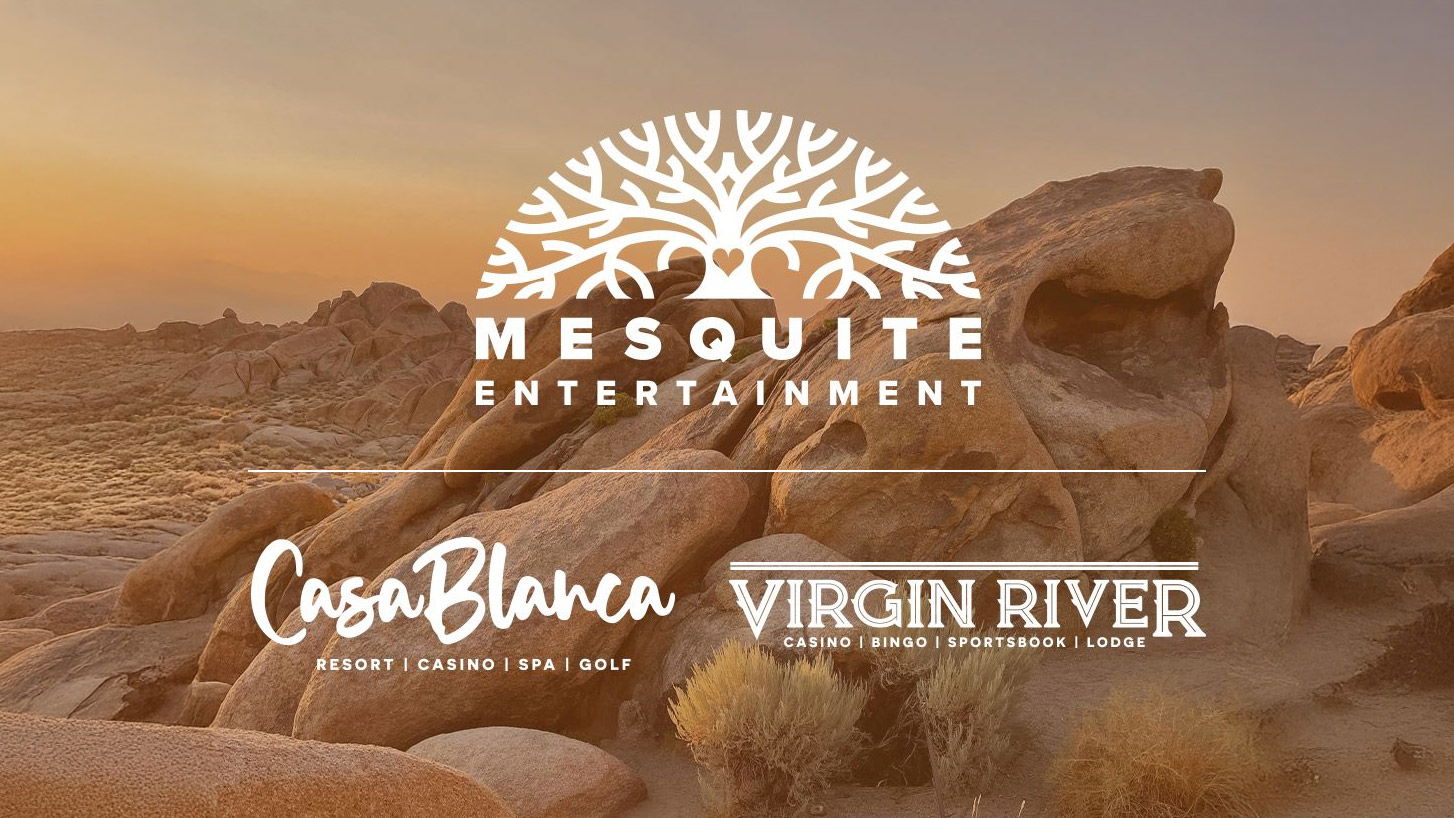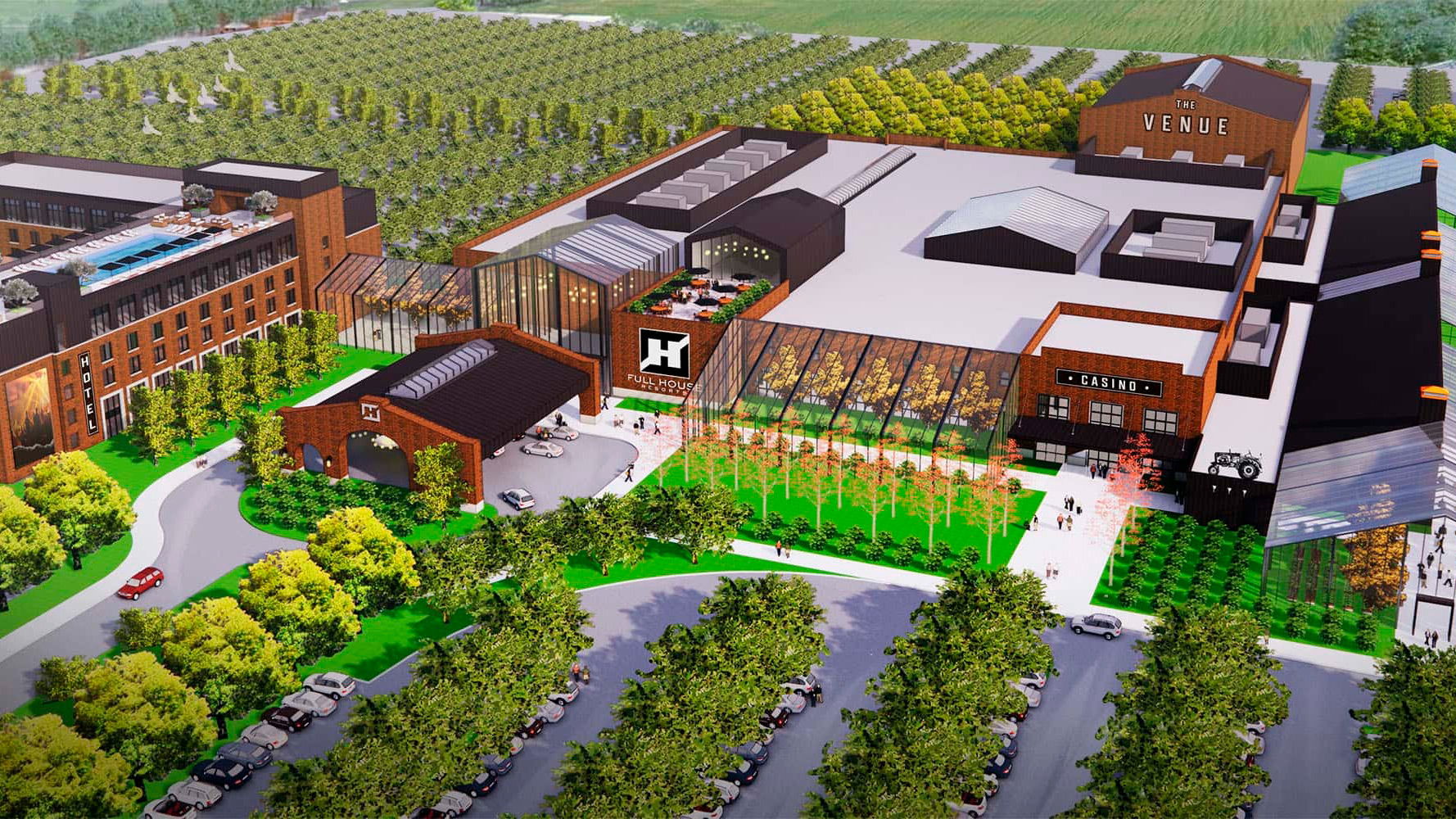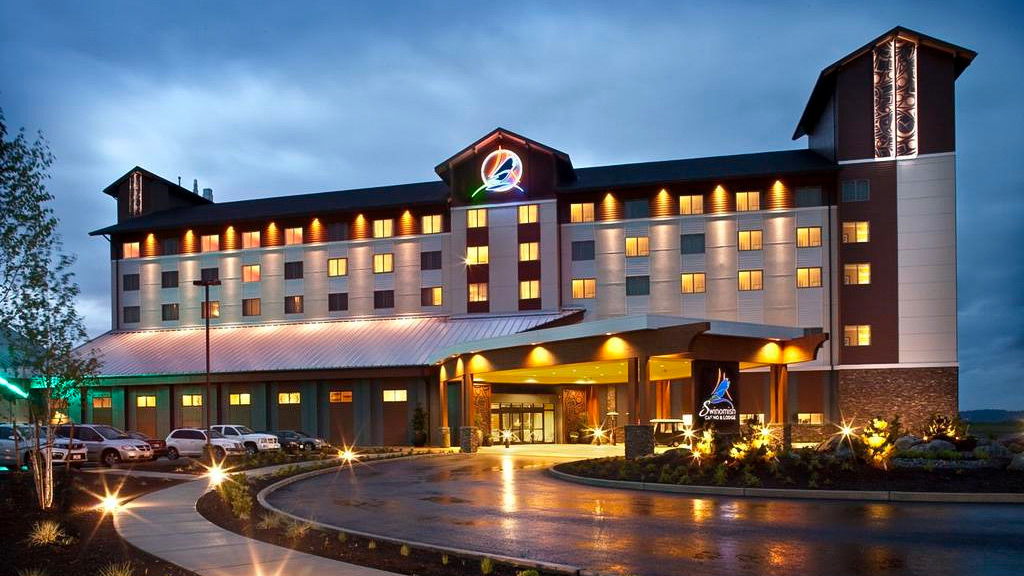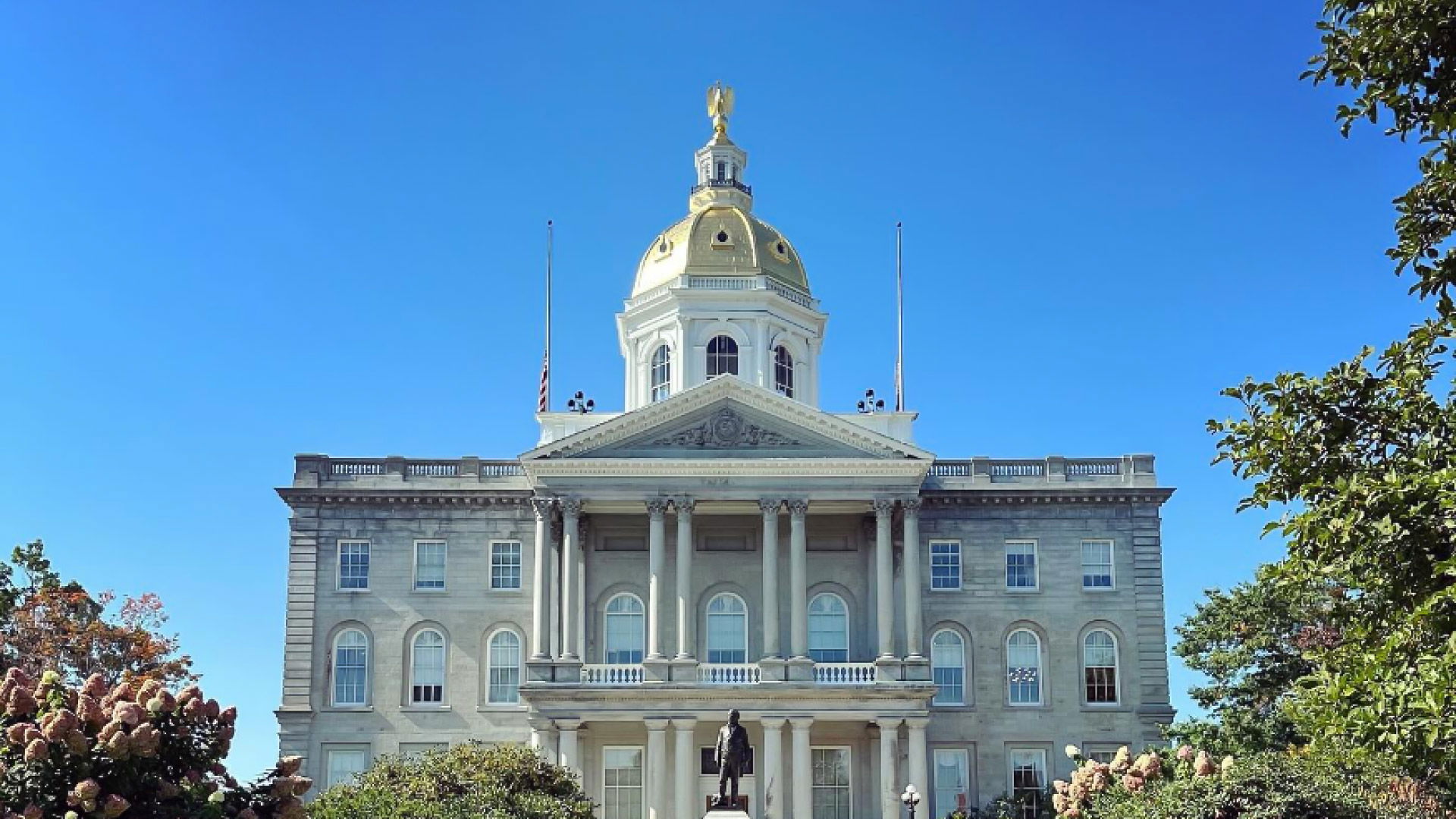Maine: Hollywood Casino in Bangor opposes expansion of tribal gaming rights
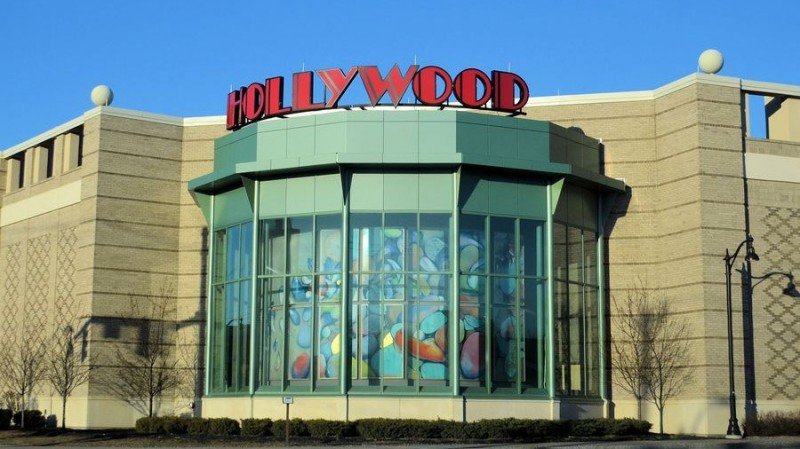
Tribes have tried unsuccessfully to get a gaming foothold in Maine for decades. They are currently only allowed to conduct high-stakes beano and bingo games half the year on weekends.
On Wednesday, at the end of hearings on a slate of sovereignty provisions that a state panel has hoped to keep together as lots of opposition looms, the Hollywood Casino, Hotel and Raceway in Bangor, predictably opposed expanding gaming rights to Maine tribes.
The Maine Indian Claims Task Force wants to allow tribes to bypass lawmakers and voters by negotiating the right to gaming facilities through state and federal compacts, Bangor Daily News reports.
It promised to be one of the most contentious recommendations in the slate of 22 recommendations by the task force, which formed last year as part of a push by Gov. Janet Mills and the Democratic-led Legislature to repair fraught relations with tribes. In a letter last week, the governor criticized many of the recommendations for their “sweeping nature.”
The gaming change would adopt provisions of a 1988 federal gaming law that applies to tribes, which are afforded relative autonomy to operate casinos in the rest of the U.S. that has not applied in Maine largely because of a 1980 land-claims settlement between the state and tribes. The state’s high court declined to take the issue of tribal gaming up in late 2018.
Maine voters approved the casinos in Bangor and Oxford that opened in 2005 and 2012, respectively. Hollywood Casino is owned by Penn National Gaming Inc. of Pennsylvania, whereas Oxford Casino is owned by the Kentucky gaming giant Churchill Downs.
Under the federal tribal gaming law, proceeds from games such as blackjack and slot machines can only be used to fund tribal government and charitable donations and it requires a tribe to be the sole financial interest. Tribal representatives argued the Maine restriction has deprived their governments of critical revenue.
The Bangor casino devastated the Penobscot Nation’s bingo operation on Indian Island after it opened in 2005, said Chief Kirk Francis. The tribe closed its bingo hall in 2015. He called it “frustrating” to watch the state support the casino while the tribe’s business suffered.
“Penn National is not a constituent,” Francis said. “They are a special interest.”
Chris Jackson, a lobbyist representing Hollywood Casino, said any competition to the casinos would impact the millions of dollars in revenues the casinos give to the state. He also wanted assurance any new casinos would at least have to clear the same bar the current casinos did.
Both casinos generated $144 million in revenue in 2018, of which $58 million went to the state, according to the American Gaming Association’s 2019 report. That money goes to a variety of causes, including the Healthy Maine fund, harness racing purses, the Maine Community College System and the host municipalities.
“Our main point is, we’d prefer no additional casinos in Maine,” Jackson said.
The committee must now decide whether the bill should be broken up into smaller pieces, something the task force does not want to occur. But Mills’ reticence to endorse provisions on criminal jurisdiction and taxation and the opposition from special interests and lawmakers in Bangor and Oxford County presage a difficult path for the bill to remain whole.


